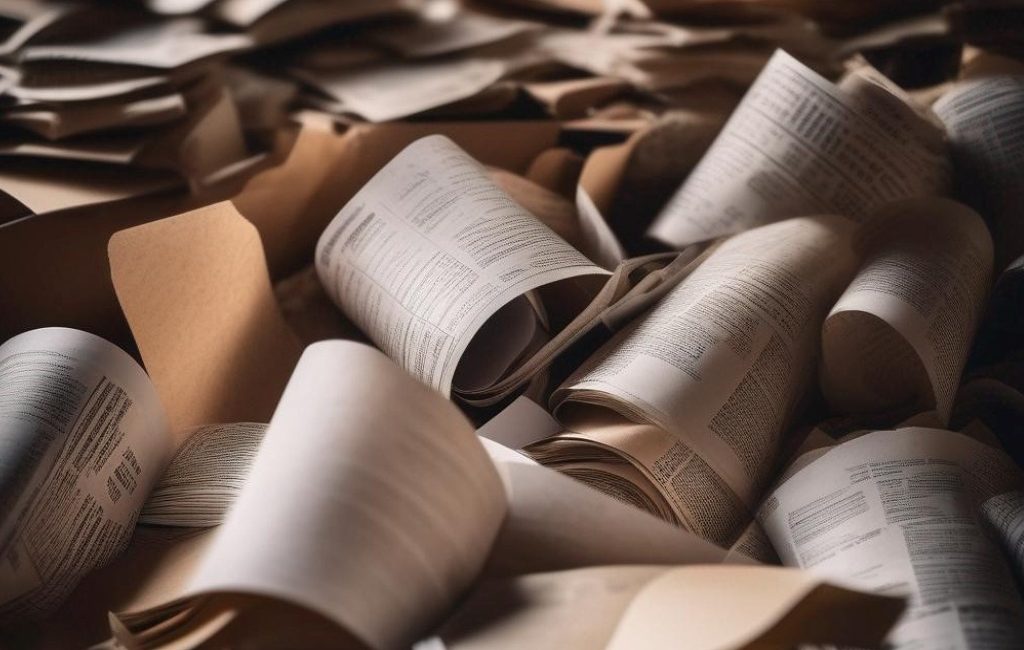In times the world has witnessed an increasing influence of digitization, across sectors, including Local To Global Recycling Solutions and waste management. The integration of technologies presents opportunities to enhance recycling efficiency, curtail landfill waste, and offer convenient recycling solutions for individuals and businesses.
One area with potential lies in the digitization of waste paper sorting techniques. Meta Materials has pioneered an approach that combines intelligence and machine learning to accurately and efficiently sort paper waste—far outperforming traditional methods. This breakthrough technology holds promise in boosting recycling rates while minimizing the volume of paper waste sent to landfills.
Another avenue for digitizing waste paper lies in incorporating technologies into existing recycling infrastructure. Governments worldwide are investing more in recycling infrastructure, including advancements. These initiatives aim to simplify the recycling process for both individuals and businesses. For instance, certain waste management companies employ sensors and software to track waste streams and identify issues.
While the digitization of waste paper offers the potential to improve recycling efficiency and reduce landfill usage it necessitates technological advancements as well as collaboration, between material recovery facility entities, governments, and other stakeholders.
Here are some specific instances where digitization can contribute towards enhancing the efficiency of waste paper recycling;
-
- Using artificial intelligence for waste sorting can help increase sorting accuracy and reduce the amount of waste sent to landfills.
-
- Using sensors to track waste streams can help identify problems and ensure timely troubleshooting.
-
- Using software to plan waste collection routes can help optimize routes and reduce costs.
Waste paper digitization is a promising area of development that can help address the waste problem and contribute to environmental protection.



